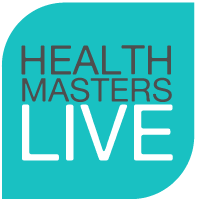Practitioner Course
The Health Effects of Coffee
Know your beverage; the highs and lows of coffee consumption.
Format
Online Course
1 lesson
Availability
12 Months OR Subscriber Pass
Duration
90 min/lesson
1.5 Hours total
Presenter
